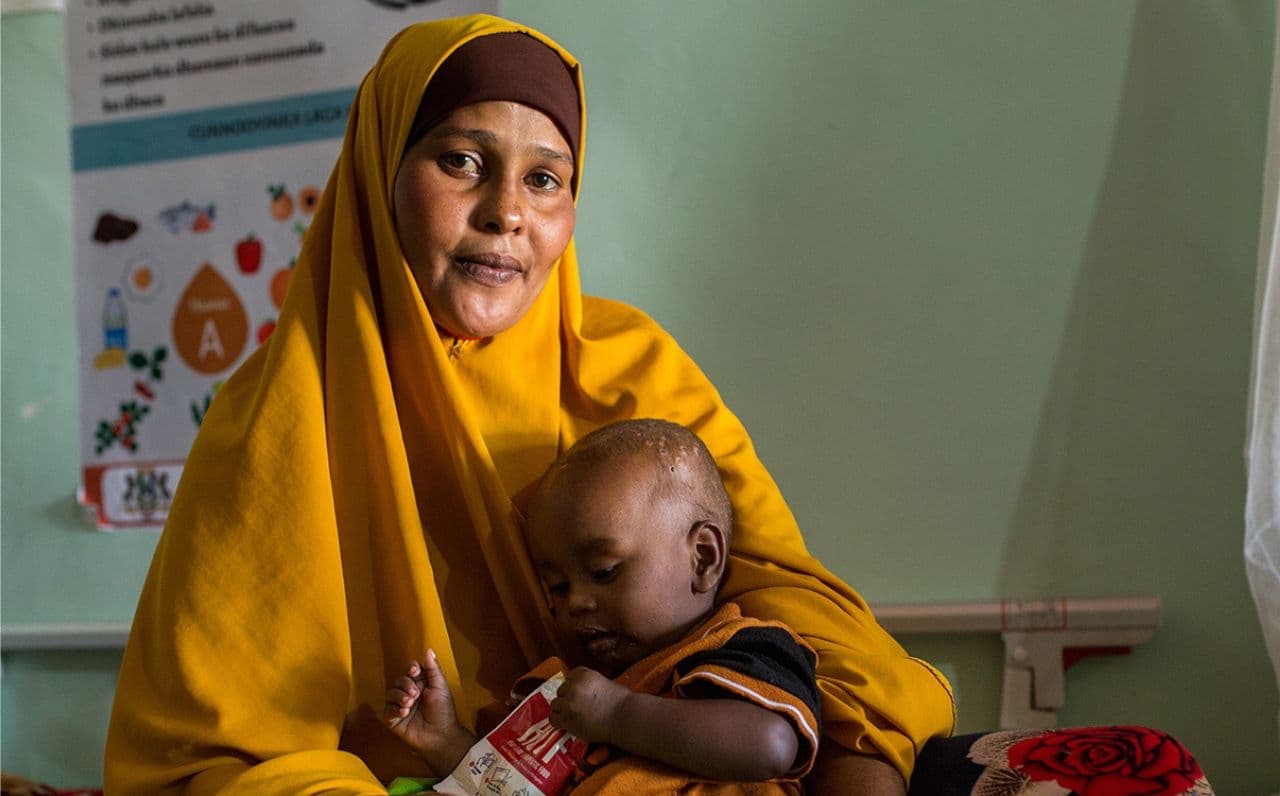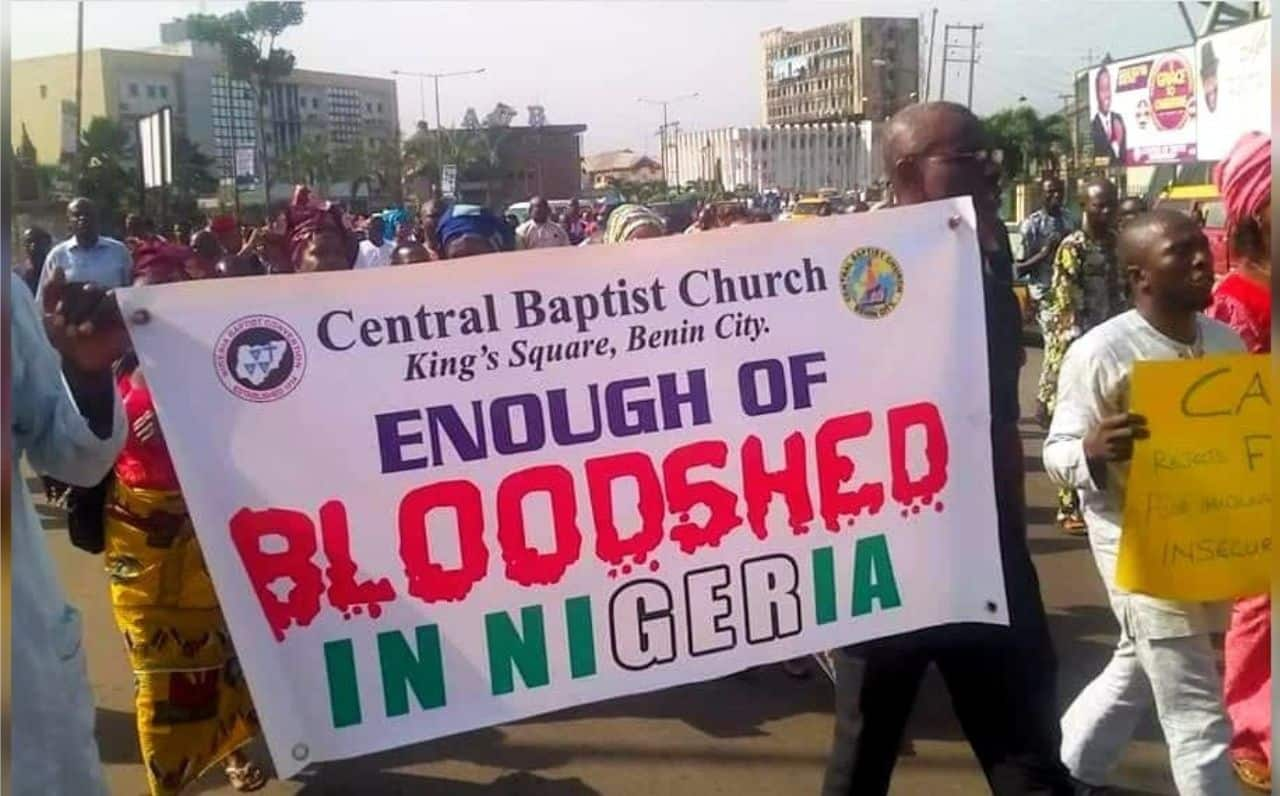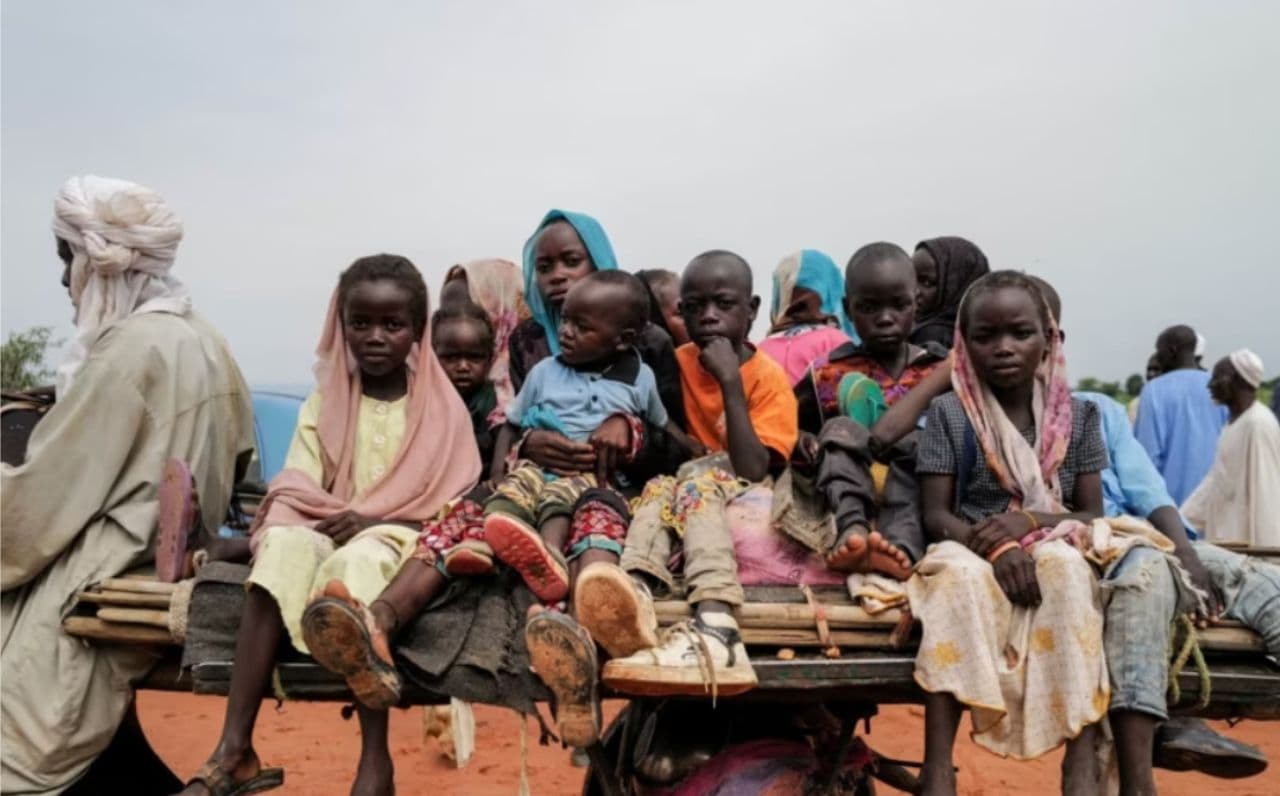Omicron in Africa
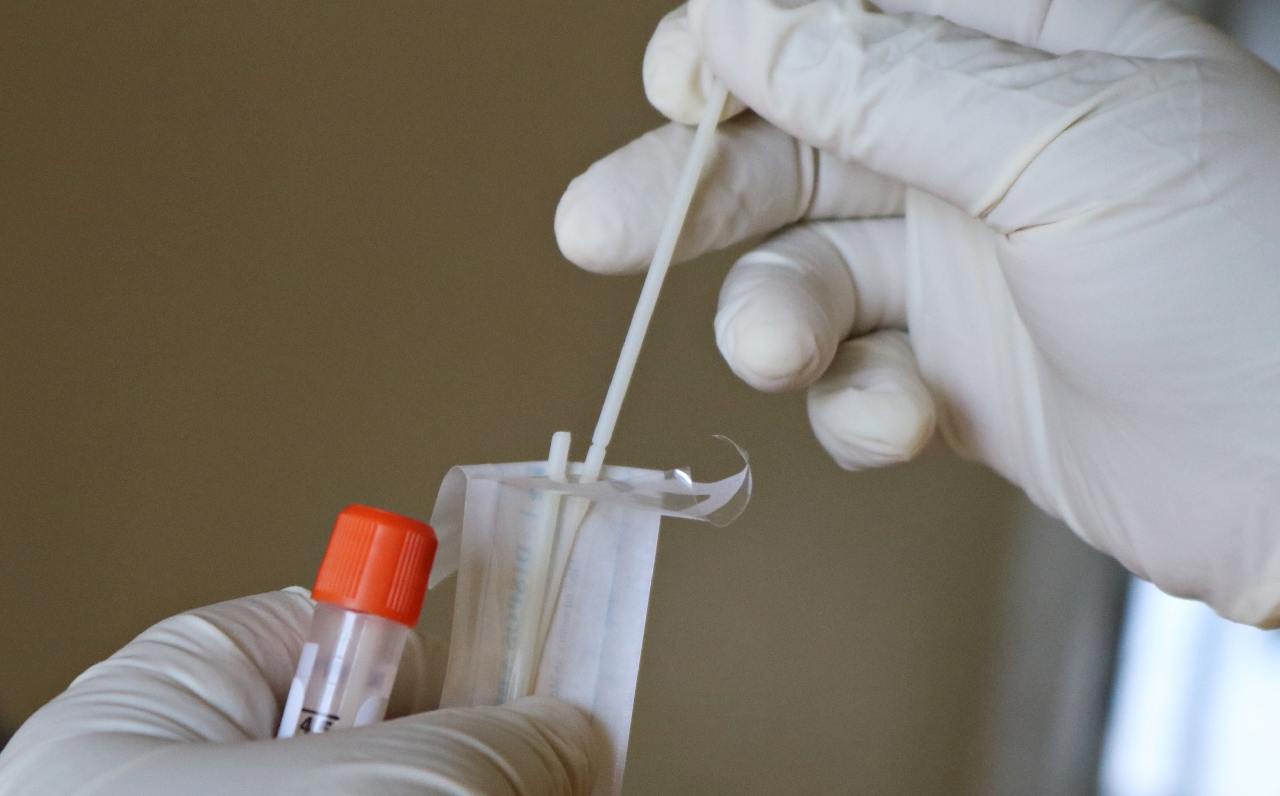
Africa steps up Omicron variant detection as COVID-19 cases rise in southern Africa.
African countries are stepping up measures to detect and control the spread of the Omicron variant as weekly new COVID-19 cases in the continent rise by 54% due to an upsurge in southern Africa.
In Africa, the Omicron variant has now been detected in four countries, with Ghana and Nigeria becoming the first West African countries and the latest on the continent to report the new variant. So far, Botswana and South Africa have reported 19 and 172 Omicron variant cases, respectively. Globally, more than 20 countries have detected the variant to date. The two southern Africa countries account for 62% of cases reported globally.
Omicron has a high number of mutations (32) in its spike protein, and preliminary evidence suggests an increased risk of reinfection, when compared with other variants of concern. Researchers and scientists in South Africa and the region are intensifying their investigations to understand the transmissibility, severity and impact of the Omicron variant in relation to the available vaccines, diagnostics and treatment and whether it is driving the latest surge in COVID-19 infections.
Southern Africa has recorded a surge in cases, mostly driven by South Africa. For the seven days leading to 30 November, South Africa reported a 311% increase in new cases, compared with the previous seven days. Cases in Gauteng, the country’s most populous province, have increased by 375% week on week. Hospital admissions rose 4.2% in the past seven days from the previous seven days. And COVID-19-related deaths in the province jumped 28.6% from the previous seven days.
While new COVID-19 cases are rising in southern Africa, they dropped in all other subregions during the past week from the previous week.
Working with African governments to accelerate studies and bolster the response to the new variant, World Health Organization (WHO) is urging countries to sequence between 75 and 150 samples weekly.
“The detection and timely reporting of the new variant by Botswana and South Africa has bought the world time. We have a window of opportunity but must act quickly and ramp up detection and prevention measures. Countries must adjust their COVID-19 response and stop a surge in cases from sweeping across Africa and possibly overwhelming already-stretched health facilities,” said Dr Matshidiso Moeti, WHO Regional Director for Africa.
Source & credit: WHO
Photo by Mufid Majnun on Unsplash
Africa

2021 Dec 04
Middle east

2024 Dec 10
Africa

2024 May 10
Threats against Christians in Australia increase
International, Americas

2024 Apr 16
Increasing Arrests and Faceless Victims Revealed in Latest Findings.
Middle east

2024 Feb 23
SimilarNews
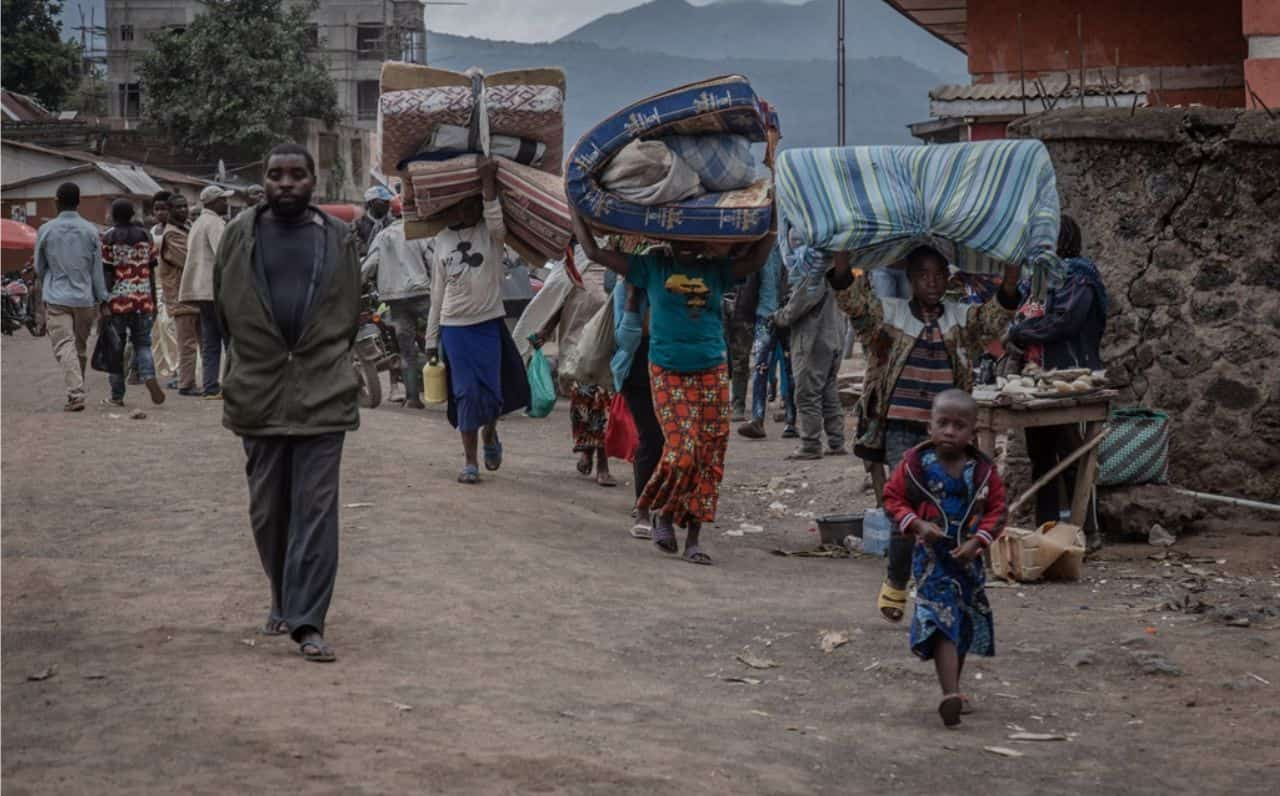 Congo-Rwanda Border Tensions Surge: Conflict Fears Mount
Congo-Rwanda Border Tensions Surge: Conflict Fears Mount Escalating Hostilities Prompt International Concern
Africa

2024 Feb 20

